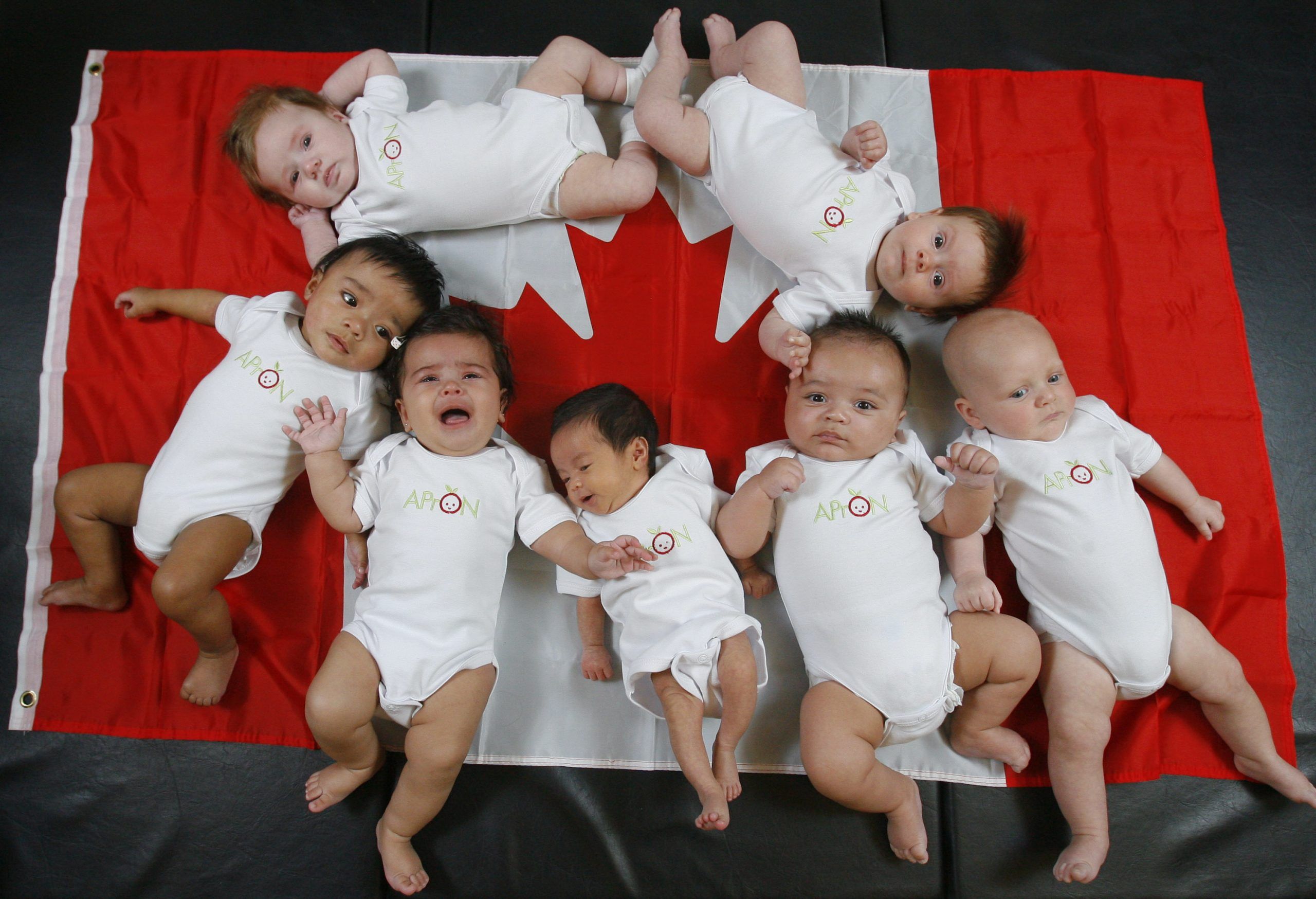Statistics Canada confirmed last week that 351,679 babies were born in 2022 — the lowest number of live births since 345,044 births were recorded in 2005.
The disparity is all the more notable given that Canada had just 32 million people in 2005, as compared to the 40 million it counted by the end of 2022. In 2005, it was already at historic lows for Canada to have a fertility rate of 1.57 births per woman. But given the 2022 figures, that fertility rate has now sunk to 1.33.
…
Of Canadians in their 20s, Statistics Canada found that 38 per cent of them “did not believe they could afford to have a child in the next three years” — with about that same number (32 per cent) saying they doubted they’d be able to find “suitable housing” in which to care for a baby.
…
A January survey by the Angus Reid Group asked women to list the ideal size of their family against its actual size, and concluded that the average Canadian woman reached the end of their childbearing years with 0.5 fewer children than they would have wanted
“In Canada, unlike many other countries, fertility rates and desires rise with income: richer Canadians have more children,” it read.



In Ontario, we have $10/day daycare available, but multiple child benefits and a daycare subsidy, depending on your needs and situation.
Child planning should include the cost of daycare.
Some families find it better to have one partner stay at home with their child, rather than pay for daycare. They would still get childcare benefits ($200+ dollars a month), and that wouldn’t stop the partner from working part-time.
People do have to be realistic here. If they need to have both partners working to make ends meet, is a child really the best thing for them?
Your last paragraph shows you really do understand what’s going on but you refuse to recognize it
Oh boy, you really are out of touch and have no idea what you’re talking about. Please stop.